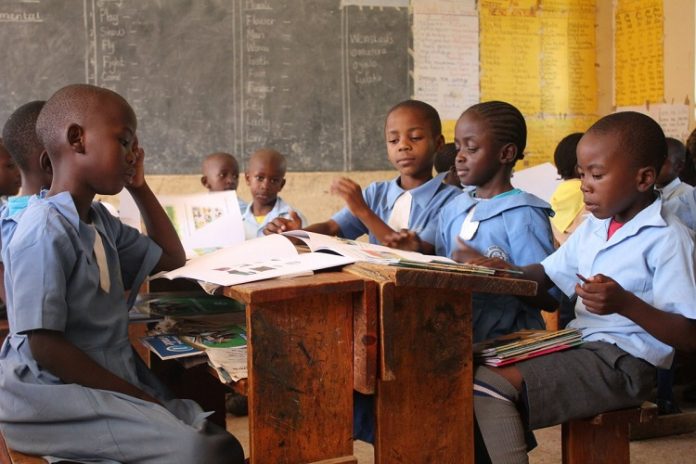These are tools used to collect information on competencies (knowledge, skills, values and attitudes) acquired by a learner during or after learning session or period.
A variety of tools can be used to assess learners with disabilities undertaking the Stage Based Pathway and whose tasks are performance based. The classroom assessment should be carried out in the learner’s natural environment.
Teachers are encouraged to develop simple classroom assessment tools to assess
their learners after covering a lesson, sub strand(s), strand(s) as may be appropriate. This will enhance the practice of formative assessment.
In this article we shall delve deeply into Observation Schedules as a CBA Assessment tool.
Observation schedules
This is a schedule outlining characteristics and behaviour that learners show during the performance of specific tasks individually or as a group. The teacher records observations made on the behaviour of the learner.
Development and use of observation schedule
Components of observation schedule include:
- preliminary information;
- learning activity/task: derived from the suggested learning experiences;
- competence/skill/characteristic or behaviour assessed: derived from the specific learning outcome;
- teachers comments/feedback.
Example of an Observation Schedule
| OBSERVATION SCHEDULE | |||||
| a) Preliminary information | |||||
| 1. School | Mayoni Township Primary | ||||
| 2. Learner’s name | Veronica | ||||
| 3. Teacher’s name | Omar | ||||
| 4. Grade | Two | ||||
| 5. Learning Area | Mathematics Activities | ||||
| 6. Strand | 2.0 Measurement (page 35) | ||||
| 7. Sub-strand | 2.4 Time (page 35) | ||||
| 8. Date or period of assessment | 3rd March 2020 | ||||
| b) Learning Activity/Task | In groups, learners discuss activities that take place in the months of the year. | ||||
| c) Competence (Knowledge, skills, attitude, values) assessed (tick appropriately) | Yes | No | Comment | ||
| 1. Completes the assigned work within the specified time | |||||
| 2. Leads/assists others to ensure the group target is realized | |||||
| 3. Listens and allows contributions from others | |||||
| 4. Evaluates the contribution of others for the group to take a decision. | |||||
| 5. Interested, pays attention and always ready for the task | |||||
| 6. Listens, helpful, affirms, flexible, kind, polite, thankful, lets go of anger. | |||||
| d) Feedback to the learner | |||||
| Learner’s signature | Date | ||||
| Teacher’s signature | Date | ||||


